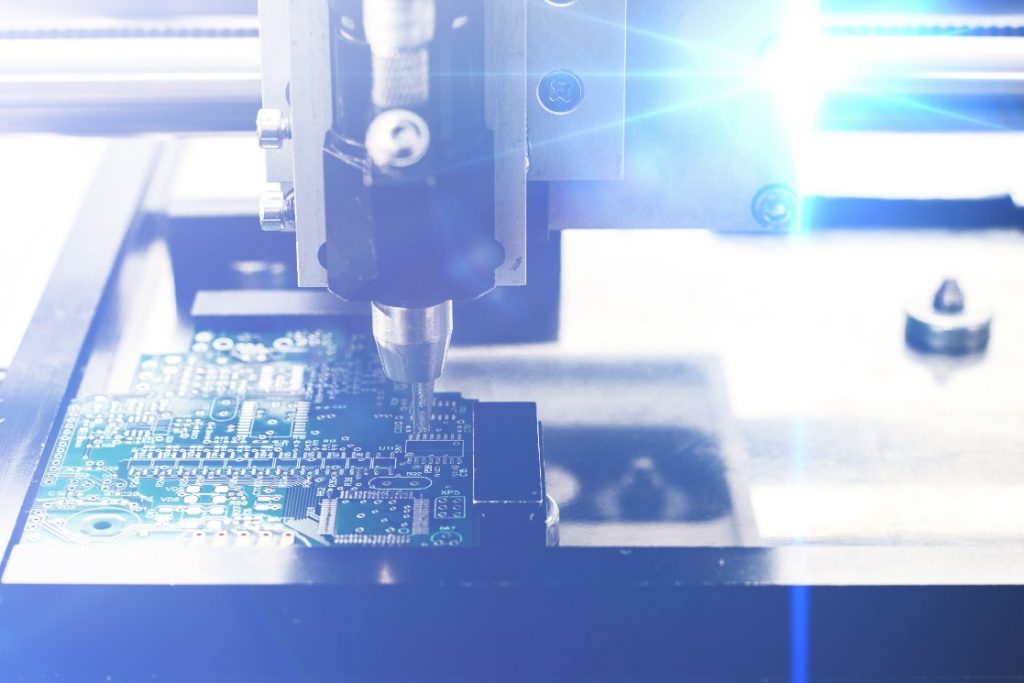Last week Japan and Netherlands decided to join the US and agreed to abide by the additional sanctions on semiconductor export to China.
However, Semiconductor Equipments and Material International (SEMI), an industry association that includes the world’s top semiconductor designing, manufacturing, and selling companies, stated that the curbs laid on China were not strict enough.
According to SEMI, if US allies like Japan and Netherlands did not levy tougher curbs, then the sanctions would be ineffective. The industry group has openly sided with the US in the US-China Tech war and said that it had a vested interest in the US and welcomed the additional sanction agreement on China.
Though the exact details of the agreement are undisclosed, SEMI believes that China will keep on growing in the semiconductor industry unless the allies come together and agree to wider control and restrictions on Chinese fabrication facilities.

Semiconductor Fabrication facilities or fabs are factories that make integrated circuits. Semi said that as long as Chinese fabs are running, the country has a strong chance to manufacture advanced chips. It further added that allies need to restrict their engineers and others from supporting China’s high-end fabs.
The current sanctions levied by the Biden administration ban the export of semiconductor manufacturing equipment, technology, and personnel to China. American nationals are not allowed to partner with or work at Chinese semiconductor companies.
Japan and Netherlands have agreed to restrictions on semiconductor export to China. Essentially, these two countries have agreed not to export advanced chip-making equipment and cutting-edge technology to China. However, older technologies and equipment are still exported to China.

China is the largest semiconductor market in the world and aims to be a global leader in advanced technology and Artificial Intelligence. With its current technology, China can make chips that can be used in low to mid-level industries like washing machines, air conditioners, automobiles, and smart home appliances. However, it still relies on the US and its allies to make advanced chips used in weaponry, Artificial Intelligence, and Cloud computing.
Though Japan and Netherlands have agreed to additional restrictions on China, the allies are not in favor of a complete ban as it will adversely affect their economies which are largely dependent on technology exports to countries like China.
- China Faces Major Threat to Semiconductor Autonomy, as Japan and Netherlands Plans to Join the Ongoing Tech War
- Increasing Sanctions on Semiconductor Exports to China may Backfire: ASML Chief
- US and India Join Forces Against China in Critical Technologies
(via)







